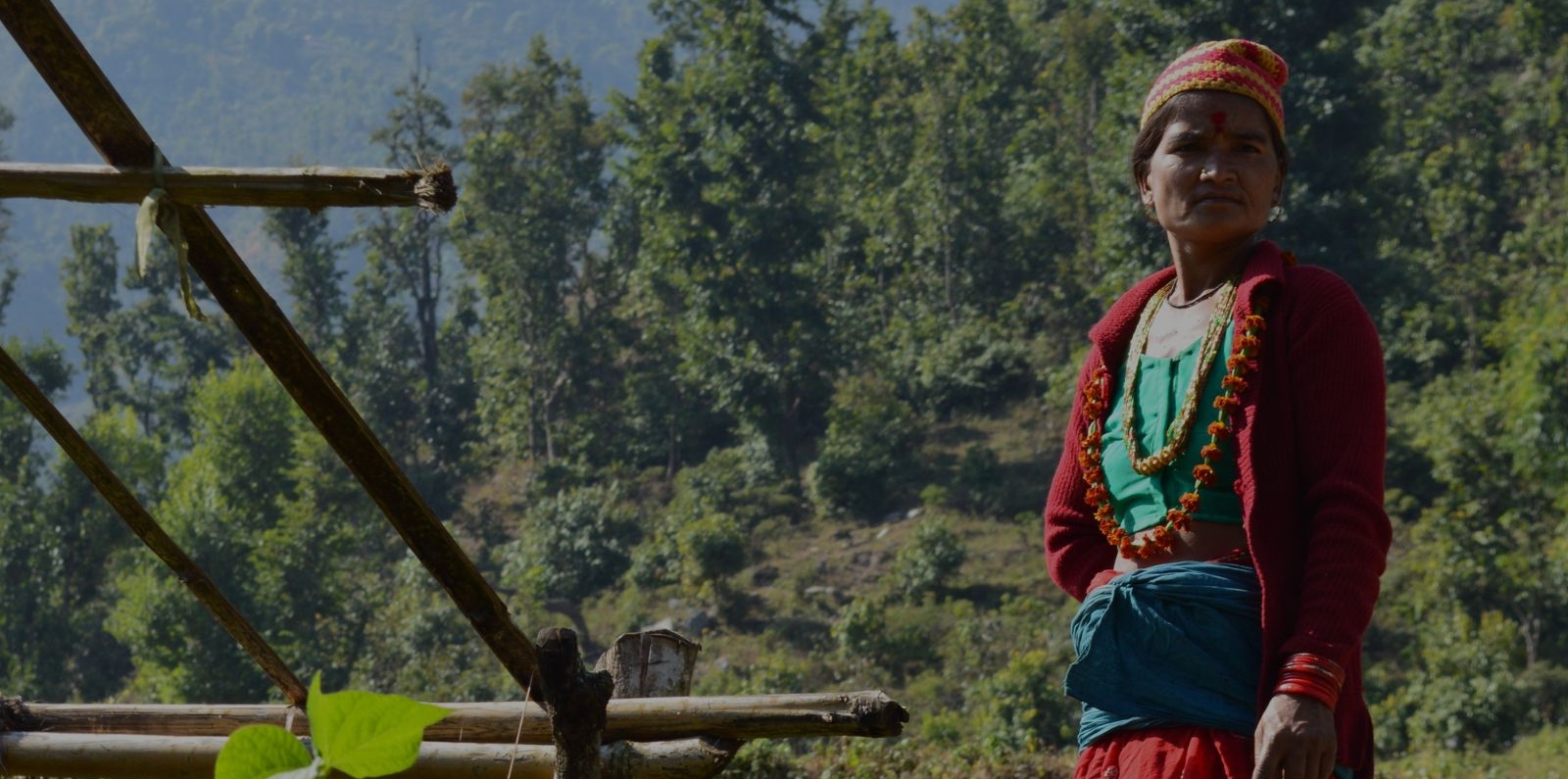About the Project
Nepal’s economy is highly dependent on agriculture, accounting for about one-third of GDP and employing two-thirds of the population. In the selected 14 project districts, an estimated 40–60% of the population is unable to meet the minimum daily caloric intake. The sector is characterized by smallholder, traditional, and substance farming; however, farmers typically have limited use of improved livestock, seeds, crop varieties, or modern practices. They also are hindered by poor irrigation systems and high instances of pests and disease, in addition to a high risk of natural disasters, like floods and drought.
FANSEP Enhances climate resilience and improves agricultural productivity and nutrition practices in targeted smallholder farming communities. The project primarily targets vulnerable households, namely those that are earthquake-affected, acutely food insecure, disadvantaged, marginalized, and headed by women. The project focuses on crops, such as rice, wheat, maize, finger millet, and potato; highly nutritious crops, such as buckwheat, pulses, beans, and vegetables; and livestock species of poultry, goats, and cows and has introduced and promoted climate-smart and nutrition-sensitive agriculture practices, providing better-performing plant and animal genetic resources and building farmers’ capacities to improve agronomic and animal husbandry practices.
The project also strengthens producer groups representing the targeted smallholder farmers, providing training around commodities of common interest and enhancing skills and capacities in good governance and leadership, group dynamics, decision-making, problem-solving, and risk management. Provided training addresses bookkeeping, meeting organization, agriculture seasonal planning, marketing, value addition, preparation of simple business plans, and simple monitoring and evaluation. Finally, building on experience gained from GAFSP’s Agriculture and Food Security Project on nutrition interventions, FANSEP directly works with communities, including female health community volunteers, using a community-driven, skills-based learning approach known as the Nutrition Field School to remove barriers to improved dietary and care practices by supporting a package of inputs and services complemented by a behavioral change campaign for improved use of foods and hygiene and sanitation practices, while increasing access to public health services.
Country
- Nepal
Project Status
ClosedFunding
Country-led projectSupervising entity
- World Bank
Call Year
2017GAFSP Funding Amount
22.70Results
As of December 2021, the project has benefitted 32,845 people, of which 69% are women. FANSEP has provided 21,759 smallholder farmers with productivity enhancement support, distributing 66 tons of improved seeds of rice, 31.44 tons of wheat, 2.36 tons of maize, and 6.54 tons of lentils. Distribution of other crops, including finger millet, buckwheat, mung bean, bean, and black gram, has totaled just over 103 tons, in addition to 3.5 tons of summer and winter vegetables and 151.5 tons of seed potato to increase seed replacement rate and crop productivity. Further, FANSEP has conducted 54 model- and 258 regular Farmer Field Schools, and 320 field demonstrations, resulting in 22,239 farmers adopting climate-smart agricultural practices and technologies, which is 69% progress towards the end of the project target of 31,800. Productivity of cereal crops has increased by more than 11%, and as part of the nutrition agenda, the project has helped form 355 nutrition groups. The project also has trained Nutrition Field School facilitators and provided small grants to mother and nutrition groups and matching grants to some of the 1,025 producer groups the project formed and mobilized under the same call. Finally, FANSEP developed a project management information system, trained 28 project staff on its use, and launched the project website (fansep.moald.gov.np).
Contact
Karishma Wasti
kwasti1@worldbank.org
Purna Chhetri
pchhetri@worldbank.org
Sangeeta Carol Pinto
spinto@worldbank.org
Documents
- Restructuring Paper (2023)
- Restructuring Paper (2022)
- World Bank Project Appraisal Document (2018)
- Agriculture and Food Security Strategy and Investment Plan
- Technical Review Report
- Country Response to Technical Review - Nepali
- Country Response to Technical Review - English
- ActionAid Case Study (2018) - English
- ActionAid Case Study (2018) - French
